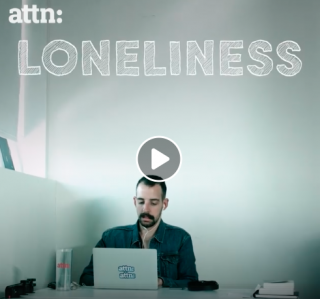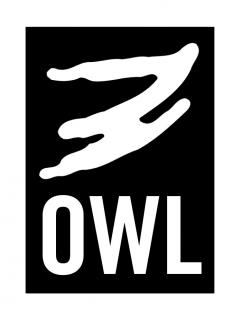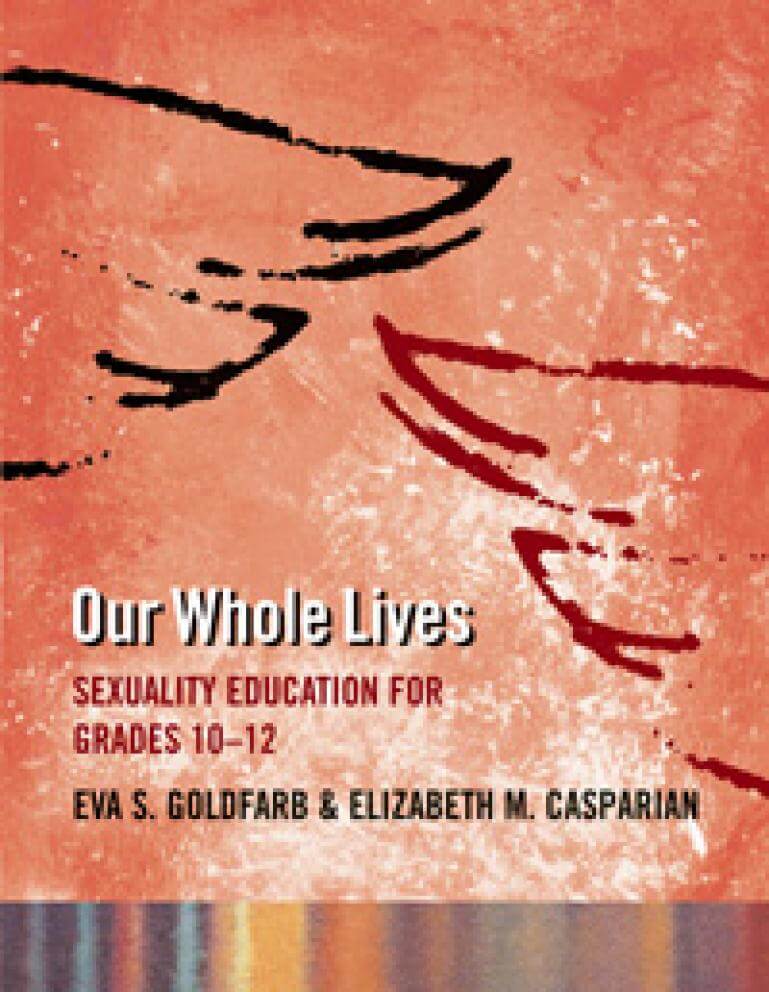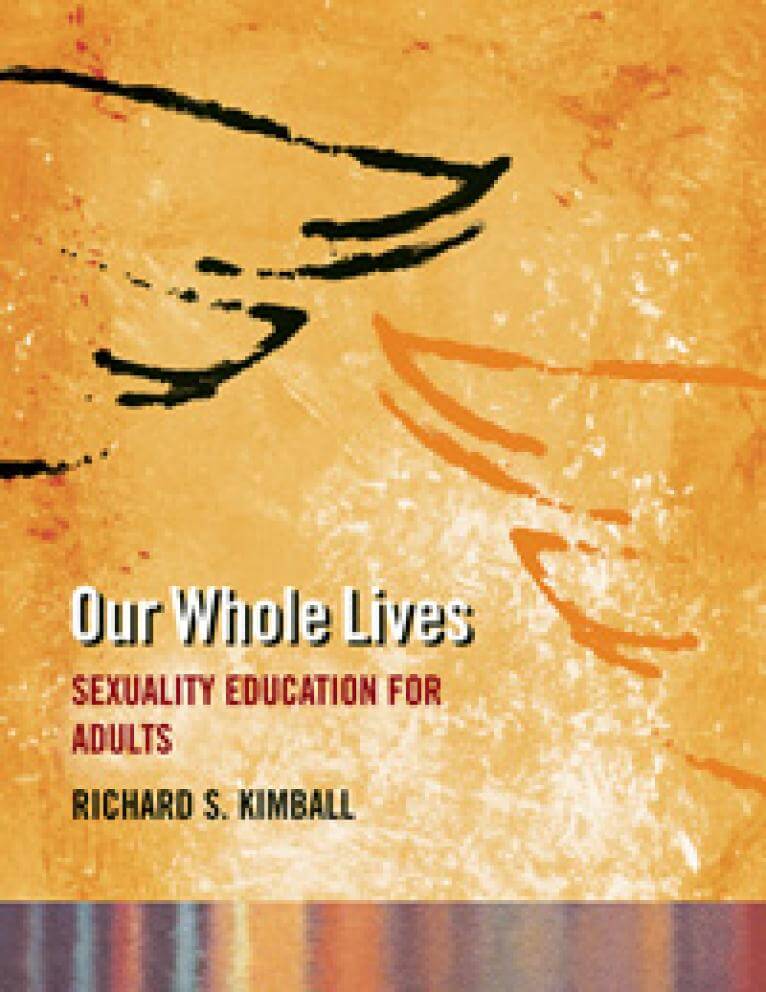Exploring Healthy Masculinity
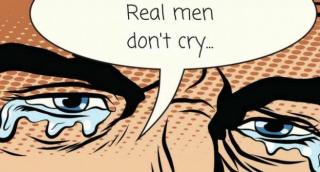
Masculinity and femininity are social constructs that constantly shape our lives and play a pivotal role in defining what society expects of men, women and non-binary (NB) folks. There are implicit and explicit cultural norms about how we should behave, what we should want and what is acceptable to express based on our gender or perceived gender. For example, it is not uncommon to see male friends holding hands in Arabic countries but it would be considered odd in mainstream North America.
Through a number of national and international grassroots movements, people of all genders have challenged the status quo of what it means to be a woman, femme, and/or non-binary. However, what it means to be masculine today is very similar to how masculinity was defined in the 1950s. Our world has changed so much since then, we think it’s ok that ideas about what it means to be masculine can change, too! Since our faith is a living tradition and we believe that truth continues to be revealed, we have since updated our Principles and Sources first to include women, then to include non-binary people. As Unitarian Universalists we believe that we can create a better world by mitigating the negative impacts of toxic masculinity such as dominance, violence and aggression, and celebrating and exploring healthy masculinity such as emotional intelligence and fighting for equity.

- bell hooks
What Is Healthy Masculinity?
Healthy masculinity means being in tune with our feelings, acknowledging that our feelings are not the only reality and recognizing that our feelings don’t control our actions. Healthy masculinity means asking consent and respecting other’s physical, emotional and sexual boundaries. It also means holding other men accountable for their actions and supporting them in their personal growth. To display healthy masculinity, you need emotional intelligence and discernment. Healthy masculinity also requires that you develop a deep understanding that masculinity and femininity are fluid concepts with multiple ways of expression.
Gender expression intersects with other aspects of our identity, like race and ethnicity, class and sexual orientation. As we support the development of healthy masculinity in ourselves, our peers and those we mentor, remember to include all aspects of someone’s identity and the ways power and privilege intersect.
Our spiritual practice of radical inclusivity requires us to grow, learn, challenge ourselves when we make mistakes, reflect, acknowledge hurt, apologize, and develop strategies of doing better. By doing so, we can join the movement of health masculinity within our denominations and beyond, thus moving closer to achieving the vision of the 6th Principle - or the goal of world community with peace, liberty and justice for all.
How Can I Use My Faith to Promote Healthy Masculinity Culture?
Begin by finding or creating intentional communities of men and masculine people to learn together and promote health masculinity culture while dispelling myths on consent and boundaries. You can find or create these communities at school, at church, at work or online. Consider developing covenants with these communities so that when conversations get challenging, the group has something concrete to refer to about how they want to behave together. Community members should be reminded that living in covenant is often difficult but remains holy work.
Ask your congregation what opportunities they are providing for young men to ground themselves in their identity. Is there an established men’s group that could welcome younger male-identified folks? Could there be a new Gen-X/Millennial men’s group? These men’s groups could be used as a forum to address relatable issues and experiences shared by people who identify as male, while remaining in convenant and accountable to women and transgender and non-binary folks.
Does your congregation, cluster or region have a ritual or rite of passage associated with manhood or masculinity? If not, you could ask to create one. Seek the assistance of your minister, religious educator, or other religious professionals in your congregation.
The following affirmation poem can serve as a starting point to guide you on your spiritual journey:
Gentle Man
Gentle man, shower me
Be the rain
Not raging storms
Or thundering skies
But gentle man, feeding rivers
When gently you flow.
Gentle man, sway with me
Be the wind
Not raging gale
Or roaring twister
But gentle man, leaning forests
When gently you blow.
Gentle man, hold me
Be the ocean
Not under current
Or ripped tide
But gentle man, molding shores
When gently you undertow.
Gentle man, shine on me
Be the sun
Not blinding rays
Or searing heat
But gentle man, warming golden harvests
When gently you glow.
So gentle man, love me
Be elemental
Not brutal hand
Or selfish heart
But gentle man, planting seeds of truth
That gently, gently grow.
~ Adam Lawrence Dyer, Love Beyond God
Video recording (22 minutes)
Listen to this sermon called "Positive Masculinity" featuring Dan Lillie, Ministerial Resident, with Andrew Mullen and Austin Silva, from the First Unitarian Church of Albuquerque, NM.
Starter Resource Kit
As Unitarian Universalists, our spiritual journeys often require us to engage in self-reflection and being willing to shift our perspectives as we learn. The provided resources will help you begin your spiritual journey in developing a deeper understanding of healthy masculinity. This starter kit will serve as a guide for you to develop your own perspective of what healthy masculinity should and could look like for you.
- Our Whole Lives (OWL)
- Healthy Masculinity and Toxic Masculinity In Wakanda: An Intersectional Afrofuturist Perspective (by Richard Wright, Geeks Media)
- The Will to Change: Men, Masculinity, and Love Book (by bell hooks)
- 4 Things the Queer Folks in My Life Taught Me About Resisting Toxic Masculinity Article (Let’s Queer Things Up! by Sam Dylan Finch)
- Healthy Masculinity Action Project (Organized by Men Can Stop Rape (MCSR))
- Unpacking Toxic Masculinity Article (Black Diaspora Project, by Marquise Griffin)
- I fell for the cult of masculinity—and the myth that men are aggressive by nature Article (Quartz, by Jill Rothenberg)
- Hypermasculinity Is A Plague On The Modern Man Blog Post (Huffington Post UK, by Louis Michael
